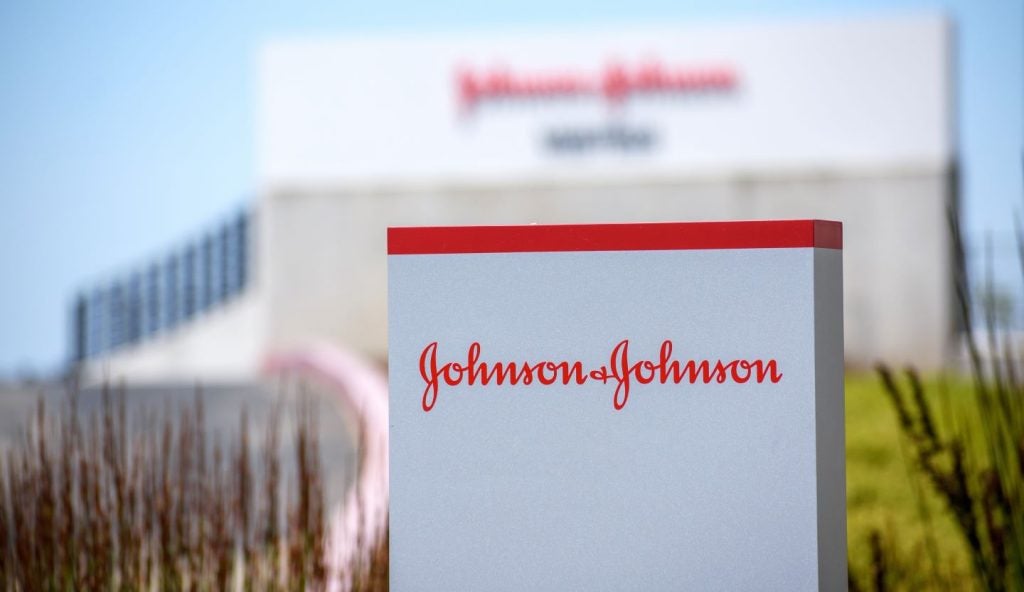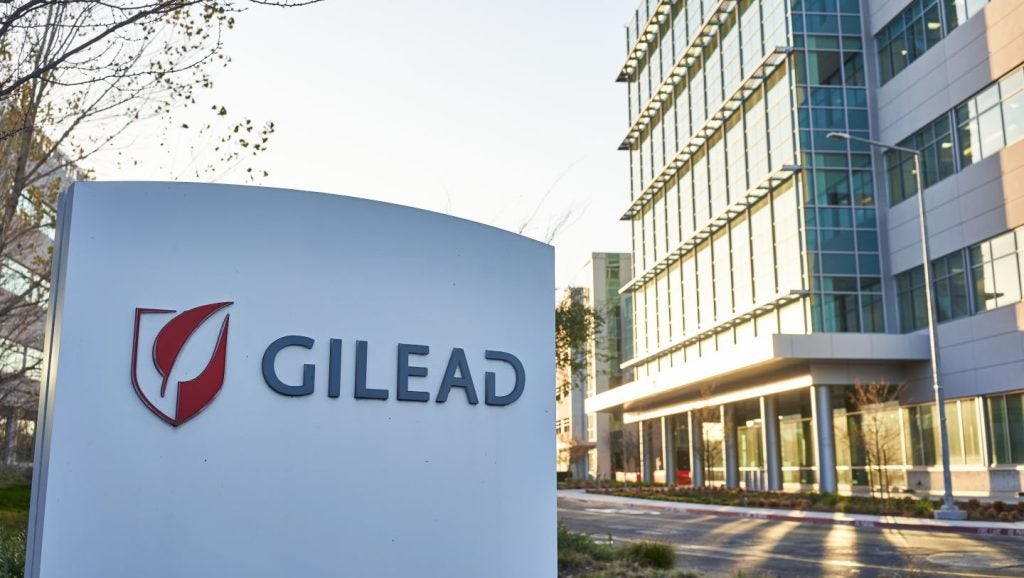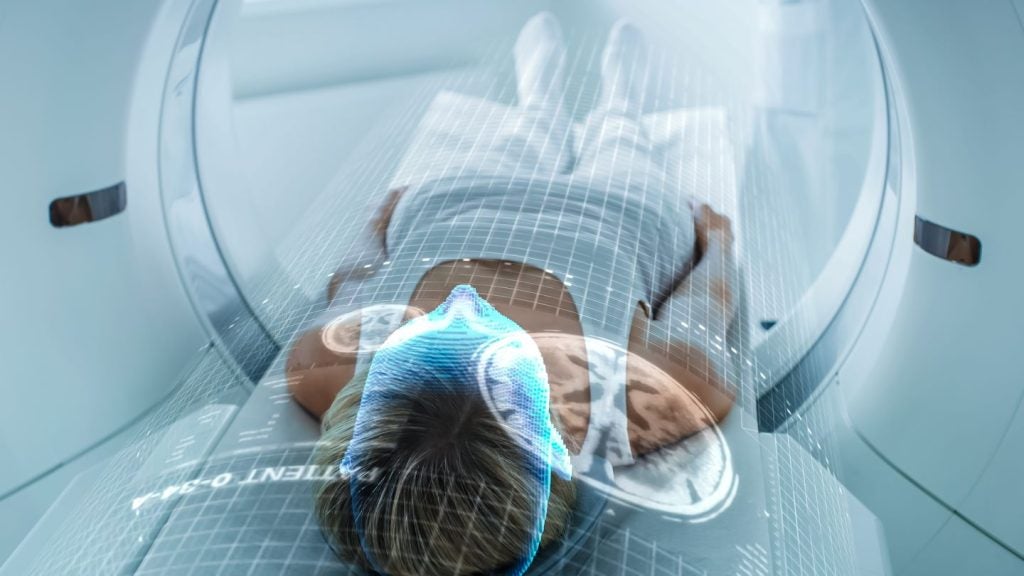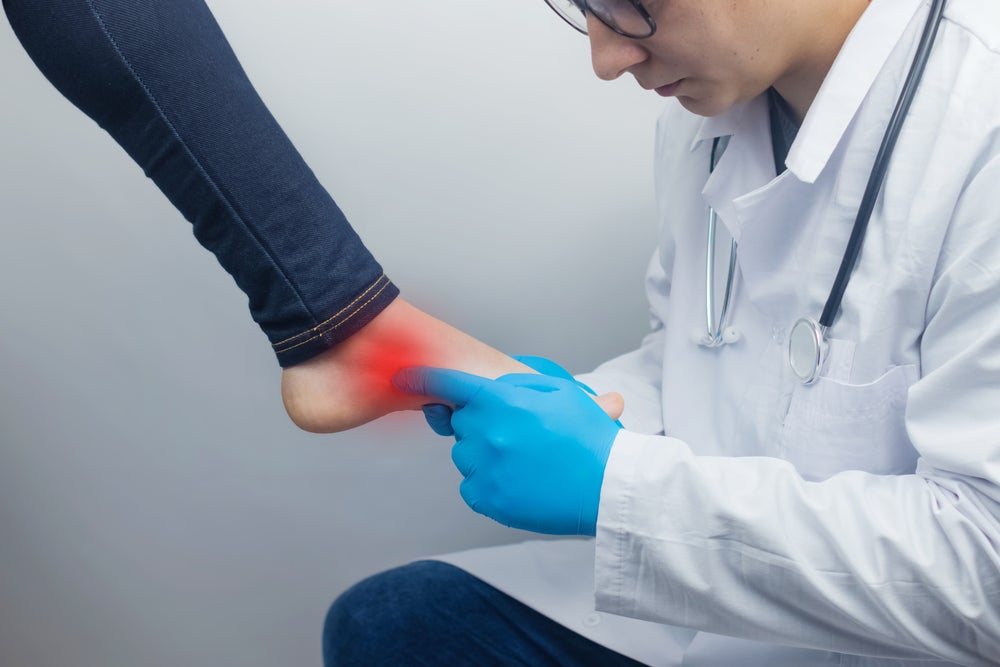Johnson & Johnson has reported results from the Phase II FRONTIER 1 clinical trial of JNJ-2113, an investigational oral peptide inhibitor targeting the IL-23 receptor, for plaque psoriasis (PsO).
The multicentre, double-blind, randomised, placebo-controlled trial is designed to analyse the safety and efficacy of JNJ-2113.
A total of 255 adult patients with moderate-to-severe plaque PsO participated in the study, receiving either three once-a-day or two twice-a-day doses of oral JNJ-2113.
The proportion of subjects attaining a minimum of 75% reduction from baseline in the Psoriasis Area and Severity Index score (PASI 75) at 16 weeks was the primary endpoint.
Secondary endpoints included changes from baseline in PASI score, proportions of subjects attaining PASI 90 and PASI 100 scores, and the number of subjects with an Investigator’s Global Assessment (IGA) score of cleared (0) or minimal (1), among others.
The trial met the primary and all secondary efficacy endpoints.
A substantial dose-response on PASI 75 at week 16 was observed, with 79% of patients in the highest dose group of 100mg twice a day achieving a PASI 75 score.
The highest dose group also saw 40.5% of subjects achieving PASI 100 and 45.2% achieving IGA 0 (clear skin).
Patient-reported outcomes through Week 16 echoed these improvements.
The trial also reported that adverse events (AEs) were generally similar between the JNJ-2113 and placebo groups, with Covid-19 infection, nasopharyngitis and upper respiratory tract infection, among others, being the most frequently seen AEs.
Johnson & Johnson immunodermatology disease area leader and vice-president Lloyd Miller said: “The impacts of living with moderate-to-severe plaque PsO are felt across all aspects of life, and many patients do not seek advanced treatments because they have concerns with injectables and prefer an oral therapeutic option.
“If approved, JNJ-2113 has the potential to improve both clinical and quality of life outcomes.”
Before this, the company announced positive topline results for trials of nipocalimab for generalised myasthenia gravis (gMG) and Sjogren’s disease.















